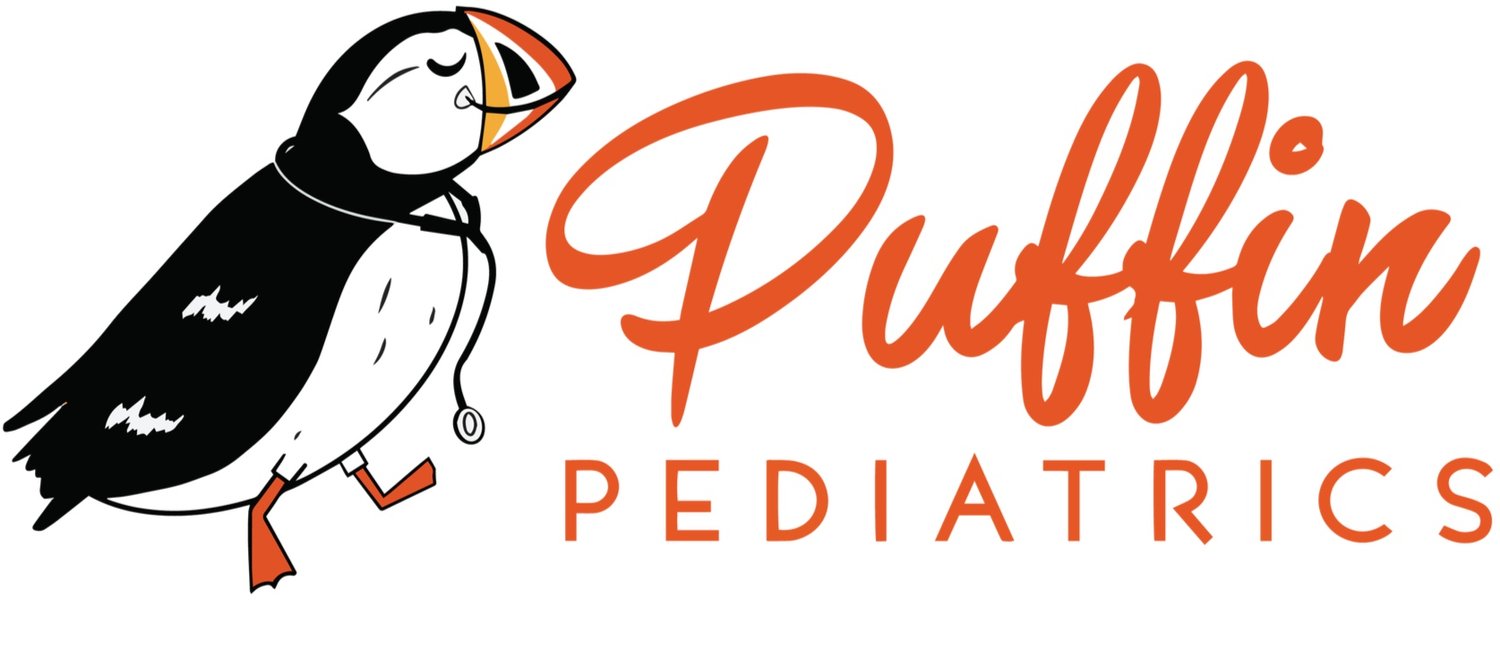Stool Withholding / Encopresis
A child holding their poop in is a very frustrating thing for parents. When you are a baby, your poop is naturally soft as you are not eating solid foods. After solid food introduction, the poops get more solid, and kids have to figure out that sometimes they have to push a bit to get the poop out. Sometimes it kinda feels awkward and even painful if a poop is particularly oddly shaped or hard. Most kids will find relief once the painful poop is out, but some kids take away the idea from a few bad poop days that pooping always hurts. And kids will usually avoid being hurt in any way possible. Thus, they will clench down when they feel like they have to poop to avoid the possibility of a painful potty experience.
How we prevent this from happening is by keeping a close eye on your kiddo’s poop and diet. If the poop is like guacamole or softer in consistency, it will not cause pain when coming out and takes little to no pushing/effort for the child to complete the bowel movement. But if the poop is harder than guacamole, the child is most likely going to have to push a bit to get it out, and it will not be 100% comfortable. By limiting starches and encouraging good hydration, we can keep the poops soft. If you see your kiddo’s poops starting to get harder, then stop starches for a few days (bananas, toast, rice, crackers, excess dairy, etc.) and add a few ounces of warm pear or prune juice to the diet for a few days. This should help get the poop back to an easier-to-pass soft state.
Now, if you are in the process of potty training and are not able to get a kiddo poop trained because of withholding, there are a few things we can do. The first is to make sure the poop is more soft than guacamole. As kids are learning the difference between how to poop in a diaper and on a potty, it is easier and less uncomfortable to push out a harder poop while standing with a diaper than sitting on a potty. So if we want them to have a more enjoyable potty experience, we need to keep that poop soft by increasing that hydration and avoiding starchy foods and excess dairy during potty training time. If the poops are super soft and we are still withholding, there is always the Jelly Bean Method.
The Jelly Bean Method was first told to me by some pediatric gastroenterology friends of mine as their surefire method for getting reluctant kids more okay with going poop in the potty. Again, they emphasize that the poop needs to be soft for this to work. So if the poop is soft, the next step is to watch/sniff your kiddo carefully throughout the day if you see them do a poopy potty dance/push on their bottom (sitting and wiggling, pushing on the back part of the diaper), pass some pretty stinky farts, or any other sign that your kiddo has a poop ready to go, then it is time to begin. Once the signal has been received, you ask them to play the Jelly Bean Game. With this game, you take an old school jelly bean (not the small Jelly Belly ones) and put the jelly bean between their butt cheeks, near the butt hole. (NOT IN IT!) Then ask them to drop the jelly bean in the potty. They will waddle their way over, thinking this is a weird but cool game. And when they relax their butt cheeks, if the poop is soft and ready to go, the poop will effortlessly come out, providing a positive and easy potty experience for little Johnny or Janey.
If stool withholding goes on long enough, what can happen is a condition called encopresis. This is when there is so much backed-up stool that the colon and rectum (the end part of the colon) can expand so wide to accommodate the poop that they no longer function well or send out signals properly to the body; so the kiddo does not know when they actually have to try to go poop. The treatment for encopresis is medical and behavioral. Medical in that we rely on stool softeners to keep the poop soft and easier to pass, and behavioral in that if a child is withholding stool that much, it is treated almost like a phobia or extreme aversion, and we try to figure out what is preventing the child from wanting to go to the bathroom regularly. The treatment for encopresis takes months, if not years, to get the colon back into a healthy state and to work through the aversion and/or fear the child has around bathroom habits.

